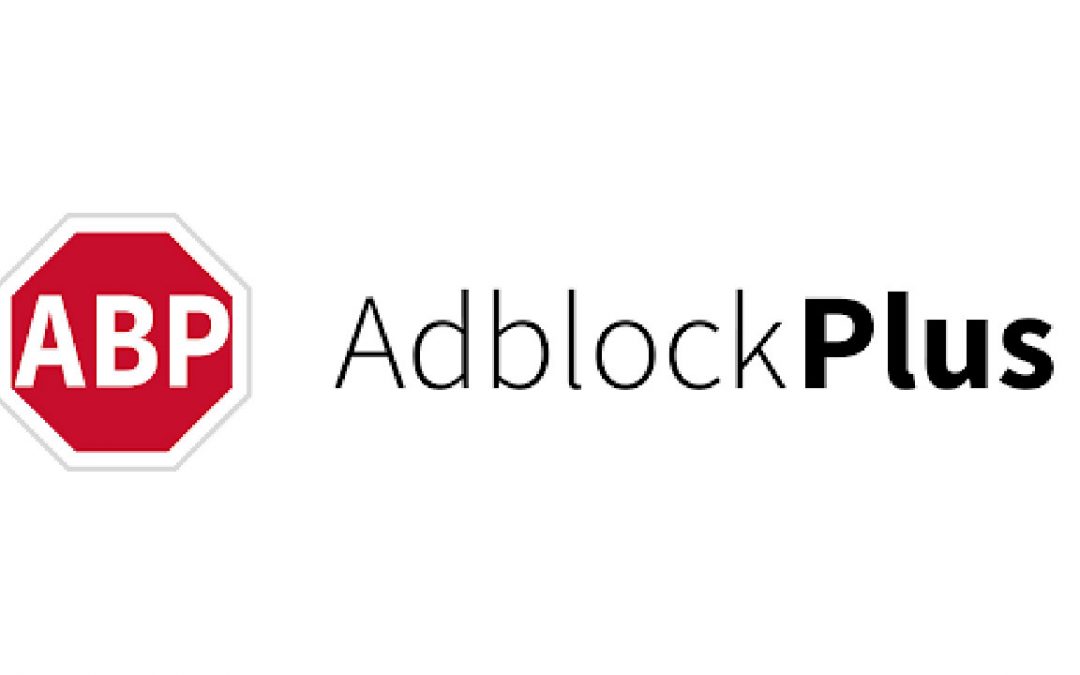In October of 2018, Google announced many changes aimed towards improving extensions for its popular Chrome browser. Within this decree laid a nasty little surprise that many ad-block developers and advocates are up in arms about.
The measure was named Manifest V3 and sets a limit on how closely extensions are allowed to examine a website. Ad-Blockers and even applications like Honey operate by reading different bits of code and trackers on the page then runs actions depending on what you are (or not) seeing. The limit put on this can affect all extensions that rely on this level of examination. Critics have voiced open opposition to this move yet, Google has refused to move away from their decision.
Raymond Hill, a developer of uBlock Origin, explained to Cnet that this new ad-blocking approach “benefits Google’s Primary business.” This is clearly advertising. Google started as the search engine that could but has grown into the behemoth Alphabet that wields the power of the internet to print money. Alphabet offers services such as Adsense which allows businesses to offer their site to place ads, as well as Google ads where companies can sign up to run said ads. Ad-blockers directly oppose this lucrative business model.
![]() So, what is Google’s take on all of this?
So, what is Google’s take on all of this?
Well, according to Justin Schuh, Google’s Security Leader, this change will only force developers to migrate from an API named webRequest to a more secure API named declaritiveNetRequest. Schuh stated, “The big problem with webRequest is unfixable privacy and security holes.” To further cement this point, another member from Justin’s team, Chris Palmer added: “The new extension APIs are not going to break content blockers, but it will help them work more safely and potentially faster.”
While there is no definitive date for when these new extension policies go into place, I’d expect some Blockers to be broken for quite some time while other developers will scramble to ensure their products continue to work as advertised. As far as Google is concerned though, it’s just another day on the internet.

